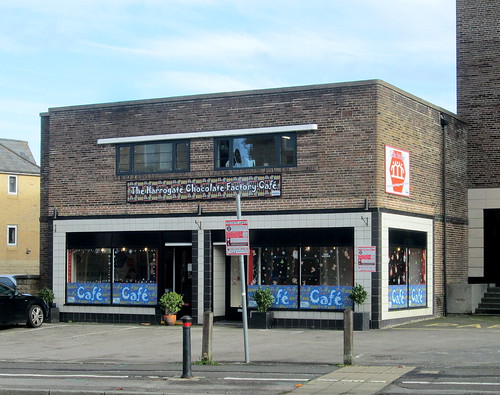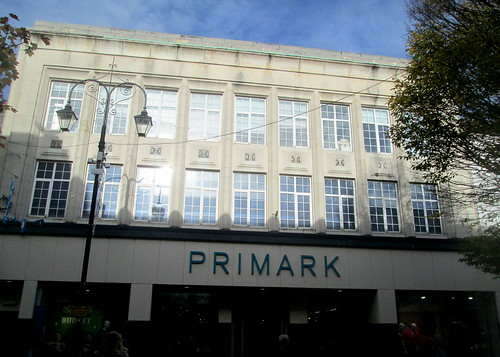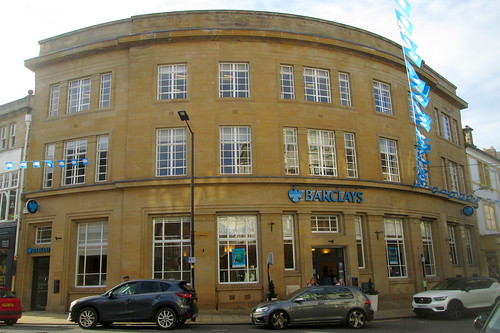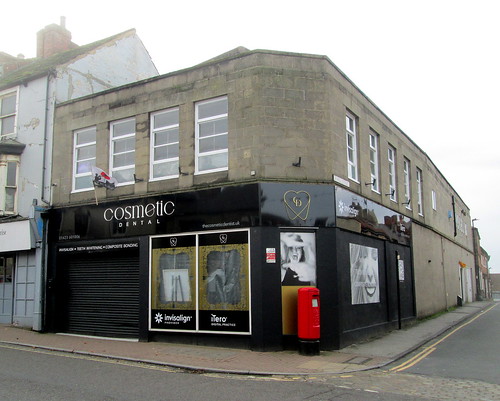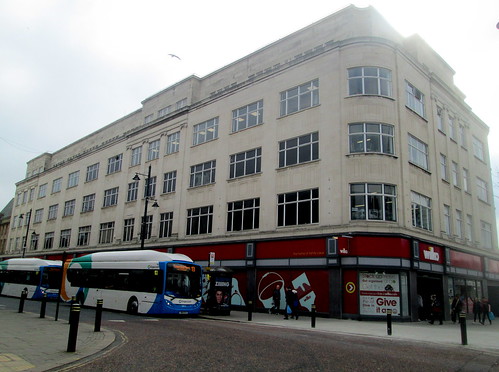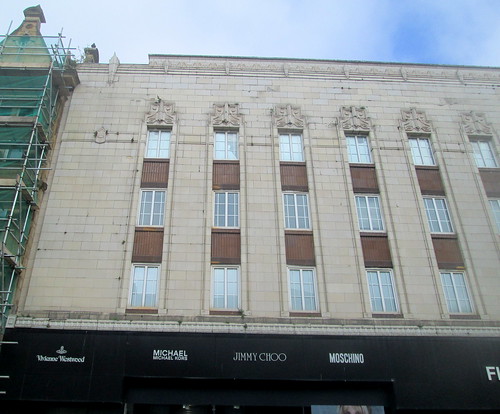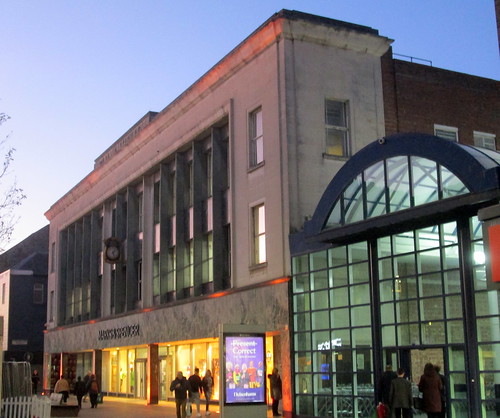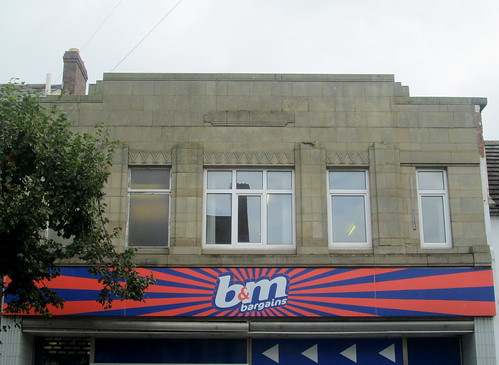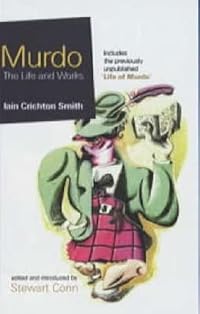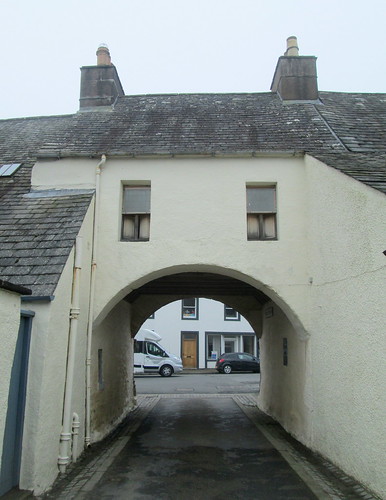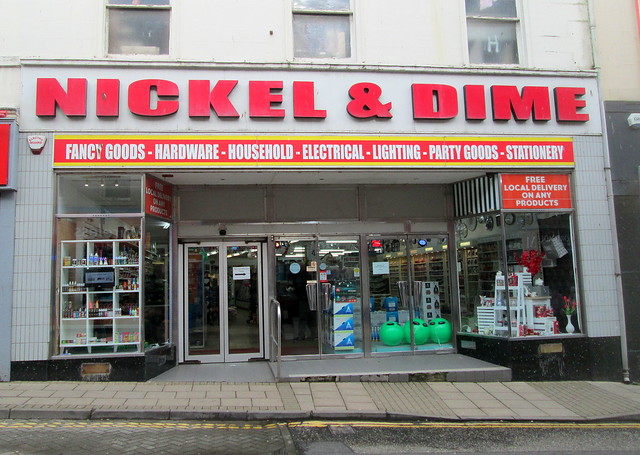Birlinn, 2001, 285 p, plus xiii p Introduction by Stewart Conn.
In my review of his collection After the Dance I mentioned Smith’s very-unScottish deployment of humour. This is most evident in the pieces presented by his Murdo persona, which is, as the book’s title implies, very much to the fore here.
Murdo, the Life and Works is divided into three sections Murdo, Thoughts of Murdo and Life of Murdo.
In the first, Murdo has given up his job at a bank in order to write a novel about a man who has given up his job at a bank in order to write a novel. Every morning he stares at the blank piece of paper in front of him and out of the window to look at the White Mountain (which he tells himself one day he must climb,) throughout the day he fortifies himself with cups of tea and every evening the sheet of paper is still blank. When he ventures outside the house his encounters with others tend to the bizarre, his behaviour beyond eccentric. His wife’s parents think she should leave him, while she herself thought she had understood him when they married but is now not so sure. At one point Murdo ruminates that, “Those who approach most closely to the condition of the animal are the ones most likely to survive. And Woolworths. Woolworths will live forever.” How wrong he was in that last assumption.
The second contains a multitude of diverse snippets of Murdo’s thoughts and writings – notes, letters, manifestos, poetry and observations – replete with wordplay and allusion and including some of his tales of Free Church adherent and private detective Sam Spaid who strides down the mean streets of Portree (and sometimes travels as far as Inverness.) Some of these animadversions appeared in After the Dance. There is also an account by Murdo he gave of a talk on the humanity of Robert Burns as revealed by the text of To a Mouse.
A preface to the third section says that Smith used the word Murdo instead of I in the autobiography which follows to distance himself from his memories as outlined there – including some of Dumbarton. Of course Murdo must contain aspects of Smith himself but as Murdo these are undoubtedly exaggerated. Many of Murdo’s opinions have certainly been adopted by Smith for comedic or satiric purposes. This section also contains Murdo’s reminiscences of the Scottish literary scene and its characters.
In contrast to his days staying there Dumbarton, says Murdo, is “much improved” principally because it now has a Sue Ryder shop (plus other charity shops.) Murdo scours the shelves of these, as of those elsewhere, in search of books.
As an illustration of a certain kind of Scottish discourse at one point one of his interlocutors, when asked about availability for some project or other, says, “‘I don’t know about Tuesday. That’s my Hate the Catholics night.’”
Note for the sensitive; this contains the word ‘dagoes.’
Pedant’s corner:- ‘Bridge over Troubled Waters’ (a common misprision, the song’s title is “Bridge over Troubled Water”,) “smoothe away” (smooth,) fifth equals (strictly that should be fifths equal,) “The Comunn Gaidhealach have even produced” (has even produced,) “by the bye” (by the by,) corn-beef (corned beef,) “barely bree” (barley bree,) “in the the brine” (only one ‘the’,) Harris’ (Harris’s,) Holmes’ (Holmes’s,) aquaducts (aqueducts,) an opened parenthesis never closed (x 2,) “the world of the army was not Murdo’s work” (not Murdo’s world makes more sense,) “didn’t consider Donalda threat” (didn’t consider Donalda a threat,) “jelly fish” (jellyfish,) jsut (just.)
